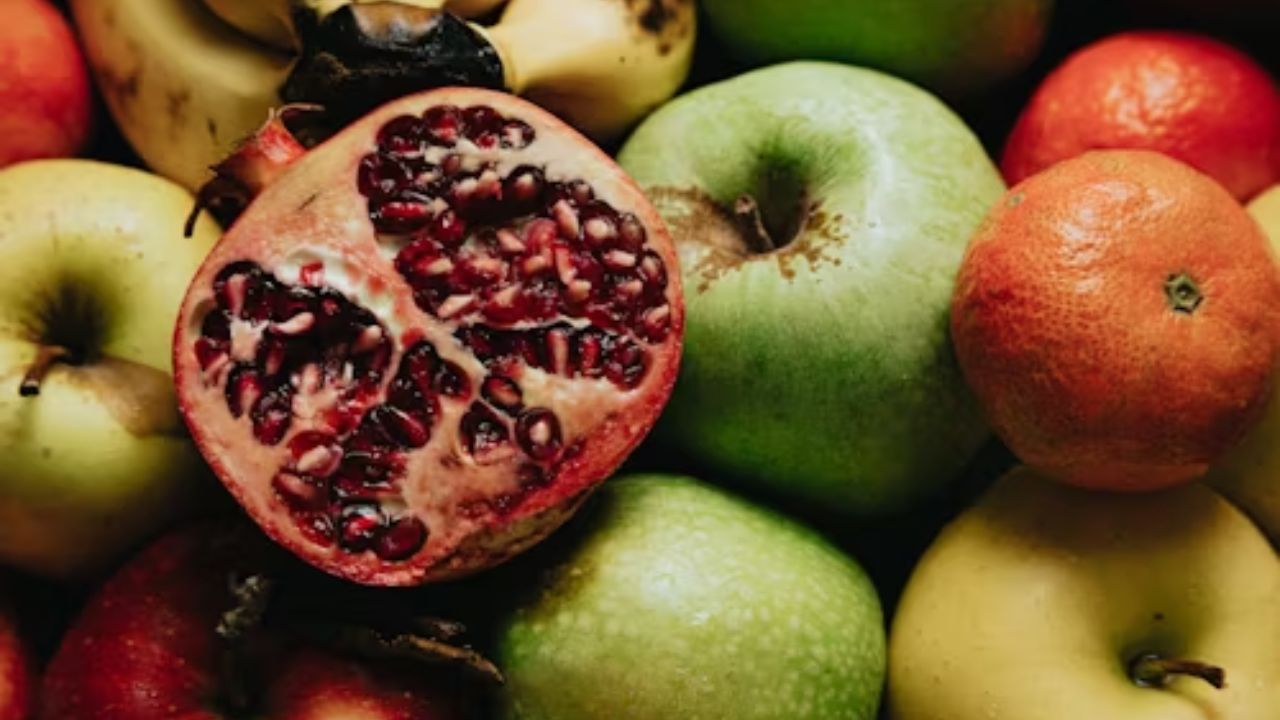Žižole: Nature’s Hidden Wellness Fruit
Introduction: What Makes Žižole So Special?
Žižole, also known as jujube or Chinese date, is a small, sweet fruit that’s gaining popularity in modern wellness circles for its powerful health benefits, cultural roots, and versatility in the kitchen. Though widely grown in the Mediterranean and parts of Asia, žižole have remained a lesser-known gem—until now.
These fruits, with their apple-like texture when fresh and date-like chewiness when dried, are rich in antioxidants, vitamins, and minerals. But their value goes beyond nutrition. Žižole have been an integral part of folk medicine, spiritual practices, and culinary traditions for centuries.
The Origin and Cultural Heritage of Žižole
Žižole in Ancient Civilizations
That have been cultivated for over 4,000 years. Originating in China, they spread to Central Asia, the Middle East, and eventually the Mediterranean basin. Ancient texts reference žižole not only as food but also as a natural remedy for various ailments, from insomnia to digestive problems.
Mediterranean Traditions and Žižole
In countries like Croatia, Montenegro, and Italy, it is more than just seasonal fruits. Families often plant žižole trees in their gardens, and it’s common to see them at autumn markets. In Dalmatian culture, žižole are offered to guests as a sign of hospitality, and traditional festivals often feature dishes or drinks made from the fruit.
Žižole and Modern Nutrition
Nutritional Profile of Žižole
That are small but nutrient-dense, offering a range of health-boosting compounds. Here’s what you’ll find in a typical 100g serving of fresh žižole:
-
Calories: 79 kcal
-
Vitamin C: 69 mg (over 100% of daily value)
-
Potassium: 250 mg
-
Iron: 0.5 mg
-
Fiber: 3 grams
-
Antioxidants: Including flavonoids and polysaccharides
Health Benefits Backed by Science
1. Immune System Booster
The high vitamin C content in helps strengthen the immune system and promotes skin regeneration and wound healing.
2. Improves Sleep Quality
contain saponins natural compounds that have sedative effects. They are often used in teas or herbal medicines to combat insomnia.
3. Supports Digestive Health
The fruit’s dietary fiber promotes healthy digestion, alleviates constipation, and maintains gut balance.
4. Antioxidant Protection
Rich in antioxidants, help fight inflammation and reduce oxidative stress, potentially lowering the risk of chronic diseases.
5. Heart and Blood Health
Potassium helps regulate blood pressure, while the iron content supports healthy red blood cells and circulation.
Growing Žižole: A Low-Maintenance Tree for Every Garden
Why Plant Žižole?
Whether you’re a seasoned gardener or a beginner, trees are an excellent choice. They’re drought-resistant, pest-resistant, and thrive in various climates.
How to Grow Žižole Successfully
-
Climate: Best suited for Mediterranean or temperate climates.
-
Soil: Well-drained sandy or loamy soil.
-
Sunlight: Full sun exposure is essential.
-
Watering: Moderate watering, especially during dry periods.
-
Harvest Time: Late summer to early autumn when fruits turn from green to reddish-brown.
Žižole in the Kitchen: Delicious and Versatile
How to Eat Fresh Žižole
Fresh have a sweet, slightly tart flavor and a crunchy texture, making them a refreshing snack. They can be eaten raw, chopped into salads, or paired with cheese and nuts.
Dried Žižole: The Natural Candy
When dried, become chewy and date-like. They are often used in baking, infused in teas, or made into jams and syrups.
Popular Žižole Recipes
Žižole Tea for Relaxation
-
Simmer a handful of dried in hot water with ginger and honey.
-
Drink before bedtime to promote restful sleep.
Žižole Jam
-
Cook with sugar, lemon juice, and a splash of water.
-
Blend and jar for a unique jam to spread on bread or use in desserts.
Žižole-Infused Brandy (Traditional Dalmatian Rakija)
-
Soak dried in high-proof alcohol for several weeks.
-
Serve as a digestive after meals.
Žižole in Traditional Medicine and Modern Science
Folk Remedies and Žižole
In Chinese traditional medicine, Its are used to nourish the blood, calm the mind, and strengthen the spleen. In the Balkans, tea is a go-to remedy for colds and fatigue.
Scientific Studies
Modern research supports many of these traditional uses. Studies have shown that extracts from have:
-
Sedative effects
-
Anti-inflammatory properties
-
Potential anti-cancer benefits (in lab studies)
More human trials are needed, but the early findings are promising.
Žižole in Skincare and Wellness Products
Natural Skincare Ingredient
seed oil is gaining popularity in the cosmetic industry due to its antioxidant and moisturizing properties. It’s used in:
-
Anti-aging serums
-
Face creams
-
Scalp treatments
Žižole Supplements
Available in capsule and powder form, extracts are used to improve sleep quality, support digestion, and boost immune function naturally.
Where to Buy Žižole and What to Look For
Finding Fresh or Dried Žižole
You can find žižole at:
-
Farmers markets (especially in the Mediterranean)
-
Specialty health food stores
-
Online retailers and herbal supplement shops
What to Look For
-
Fresh žižole should be firm, unblemished, and reddish-brown.
-
Dried žižole should be soft, plump, and without preservatives.
-
Organic options are best for maximum health benefits.
Sustainability and the Future of Žižole Farming
As interest in ancient superfoods grows, farming is seeing a resurgence. These trees require fewer resources than many other fruit crops, making them an eco-friendly option.
Efforts are also being made to revive traditional orchards in Croatia and Montenegro, combining cultural preservation with sustainable agriculture.
Conclusion: Embrace the Power of Žižole
Žižole are more than just a trendy superfruit—they’re a bridge between past and present, tradition and science, nutrition and flavor. With centuries of cultural significance and growing modern interest, Thats are making their rightful return to kitchen tables, wellness routines, and even skincare shelves.
Whether you enjoy them fresh, dried, brewed into tea, or infused in brandy, adding to your life brings you closer to nature’s wisdom and generations of healthful living.



